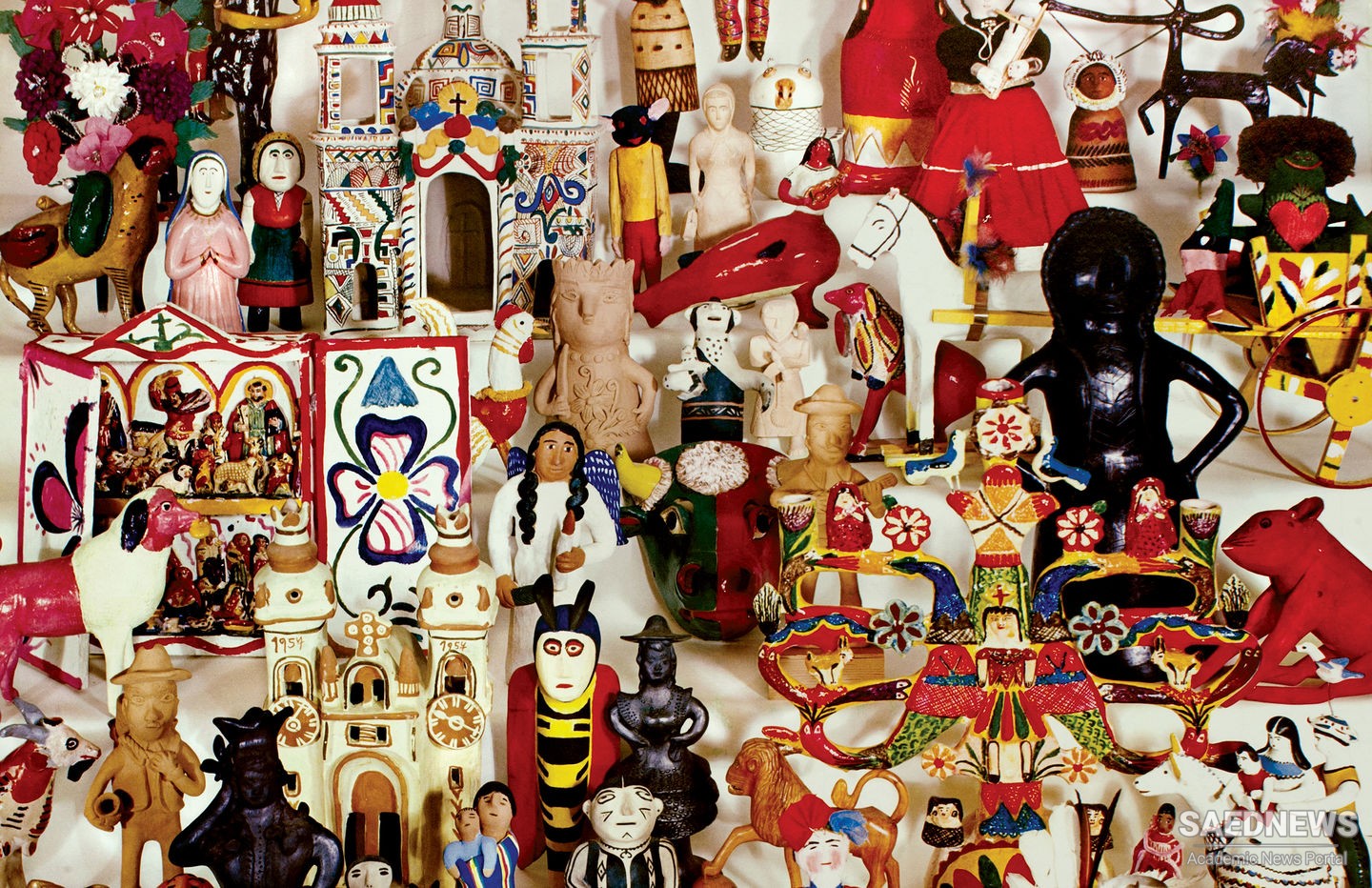Everyone can sing something sometime. In that sense, there are folksingers everywhere: probably not musically educated in notation but ready to be musical at the right moment. This includes mothers crooning to babies, people singing to animals, or fans chanting football songs in stadiums. In this sense, folk song is intensely egalitarian. But some people don’t sing much or well, while others sing often and beautifully. In small-scale communities, from villages to city blocks, people know the really good singers. So even within the democratic system of song, a local song world offers a wide spectrum of possibilities. Age, gender, social group—these and many other factors might also forecast musical patterns. Opportunities run along a range from very open to extremely restricted. In Afghanistan, for example, singing is tightly controlled, limited as to time and place. There is an economy of musical scarcity, based on the local value system. When I was trying to collect music there and found myself frustrated by people’s reticence to show off their music skills, I got a letter from a friend working in Java. She said she had a hard time focusing her fieldwork moments, since there was so much music going on all around her—another end of the folk continuum.


 Folk Music and Integrity of Major Melodic Components
Folk Music and Integrity of Major Melodic Components














































